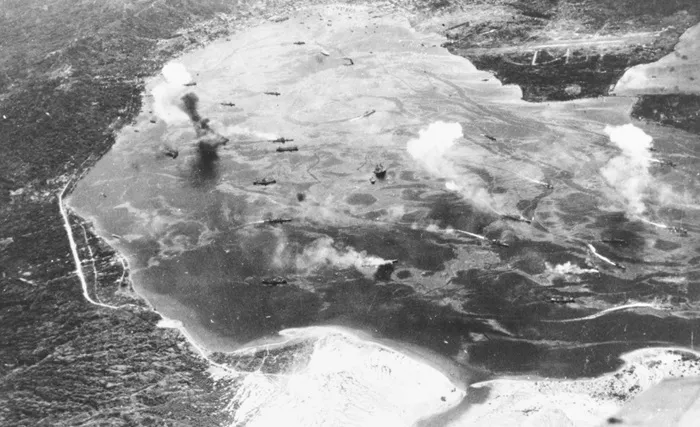June 5 holds a particular resonance in the annals of Australian history, marked by events that have shaped the nation’s trajectory. From political milestones to cultural shifts, this date encapsulates a tapestry of experiences that have left an indelible mark on the Australian consciousness. In this article, we delve into the significant occurrences of June 5 throughout Australian history, exploring their implications and enduring legacies.
The Eureka Stockade (1854)
One of the defining moments in Australia’s colonial history occurred on June 5, 1854, with the infamous Eureka Stockade. Situated in Ballarat, Victoria, this rebellion against colonial authority emerged from the grievances of gold miners who protested against oppressive mining licenses and taxation policies imposed by the colonial government.
The catalyst for the Eureka Stockade was the arrest of a miner, James Scobie, following a violent altercation. In response, miners gathered at the Eureka Hotel to voice their discontent and formed the Ballarat Reform League, advocating for democratic rights and representation.
On the morning of December 3, 1854, tensions reached a boiling point as armed clashes erupted between miners and government forces. The confrontation culminated in the storming of the Eureka Stockade by colonial troops, resulting in the deaths of several rebels and soldiers.
Although the rebellion was swiftly quelled, its aftermath heralded significant reforms, including the abolition of the despised mining licenses and the introduction of greater political representation for miners. The Eureka Stockade came to symbolize the struggle for democratic rights and social justice in Australia, leaving an enduring legacy in the nation’s collective memory.
The Dismissal of the Whitlam Government (1975)
Another pivotal event in Australian history unfolded on November 11, 1975, when Governor-General Sir John Kerr dismissed the Whitlam Labor government, led by Prime Minister Gough Whitlam. The dismissal followed a protracted political deadlock between the government and opposition-controlled Senate over budgetary matters.
On June 5, 1975, the Senate, emboldened by its refusal to pass appropriation bills, effectively blocked the government’s ability to govern, prompting Whitlam to explore alternative avenues to secure funding. Amidst this constitutional crisis, Kerr made the unprecedented decision to dismiss Whitlam and appoint Malcolm Fraser as caretaker Prime Minister, leading to widespread controversy and public outcry.
The events of November 1975 precipitated a constitutional crisis and sparked fierce debate over the powers of the Governor-General, the role of the monarchy, and the sanctity of democratic principles in Australia. While the dismissal resolved the immediate political impasse, its repercussions reverberated throughout Australian society, shaping perceptions of power, authority, and governance.
World War II: The Fall of Rabaul (1942)
June 5th, 1942, marked a dark chapter in Australia’s military history with the fall of Rabaul to Japanese forces during World War II. Located in present-day Papua New Guinea, Rabaul served as a strategic Allied base in the Pacific theater. However, facing overwhelming Japanese air and naval power, Australian and Allied forces were forced to evacuate, resulting in the loss of vital territory and resources. The fall of Rabaul had far-reaching consequences for the war effort in the Pacific and underscored the challenges faced by Australia in defending its interests in the region.
See also: What Happened on May 30 in Australian History?
Land Rights and Indigenous Struggles
In more recent history, June 5th has also been a day of significance for Indigenous Australians and the land rights movement. In 1992, the High Court of Australia delivered its landmark judgment in the Mabo case, recognizing native title rights for the Meriam people of the Torres Strait Islands. This decision overturned the legal doctrine of terra nullius, which had previously denied Indigenous land rights, and paved the way for greater recognition of Indigenous sovereignty and connection to the land. The Mabo decision remains a watershed moment in Australian jurisprudence and Indigenous rights advocacy.
Conclusion
June 5 in Australian history serves as a poignant reminder of the nation’s rich tapestry of experiences, from the struggles for democratic rights and social justice to the ongoing quest for Indigenous recognition and reconciliation. Through pivotal events such as the Eureka Stockade, the dismissal of the Whitlam government, and the Mabo decision, Australians confront the complexities of their past and strive to forge a more inclusive and equitable future. As we reflect on the significance of this date, we are reminded of the enduring legacy of those who have dared to challenge injustice, champion democracy, and uphold the values that define the Australian spirit.

